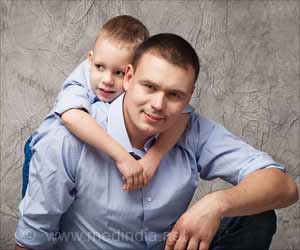Alexithymia is a condition in which people experience difficulties in identifying and expressing emotions. Autistic individuals have reduced ability to identify angry facial expressions, according to a study.

TOP INSIGHT
People with autism might have reduced ability in recognizing angry facial expressions irrespective of underlying alexithymic conditions
Connor Keating, the lead author said, "We identified that autistic people had a specific difficulty recognizing anger which we are starting to think may relate to differences in the way autistic and non-autistic people produce these expressions. If this is true, it may not be accurate to talk about autistic people as having an 'impairment' or 'deficit' in recognizing emotion- it's more than autistic and non-autistic faces may be speaking a different language when it comes to conveying emotion".
The study enrolled 60 alexithymic participants in total where 31 were autistic and 29 were non-autistic. They all were subjected to watch dynamic point-light displays of emotional facial expressions with changes in terms of speed and emotional intensities by varying the number of movements in each expression.
After this experiment, it was found that
• Irrespective of underlying alexithymia in both groups, only autistic adults found it difficult to recognize angry facial cues with normal speed and intensity.
"Everyone will know or meet somebody with autism at some point in their lives. By better understanding how people with autism perceive and understand the world we can start to develop training and other interventions for both autistic and non-autistic people to overcome some of the barriers to interacting successfully," said Connor Keating, PhD Researcher, University of Birmingham's School of Psychology and Centre for Human Brain Health.
Source-Medindia
 MEDINDIA
MEDINDIA




 Email
Email






